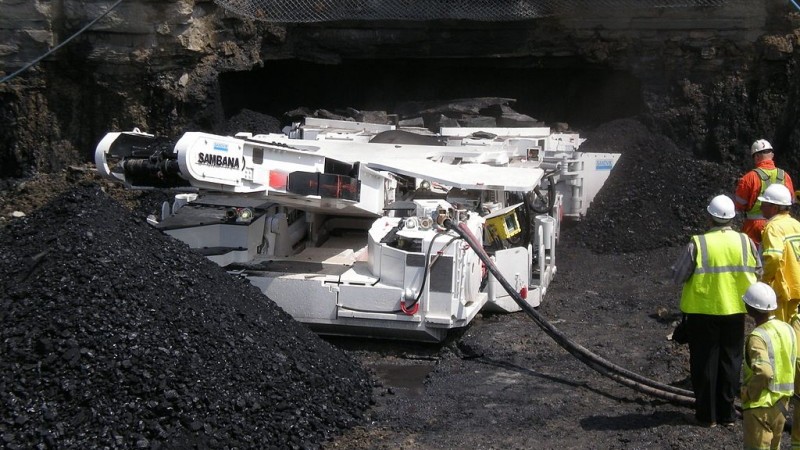A world that is tackling climate change needs fewer coal mines, not more. But despite the simple truth of that statement, very large new coal mines are still being approved, subsidized and built around the world.
In Australia, for example, the proposed Adani Carmichael mine – the largest ever in the country – would boost world coal output by around 40 million tonnes per year, enough to push the world price of coal down by around 1–2%.
Reducing greenhouse gas emissions in line with the goals of the Paris Agreement will require a broad range of measures, given that less coal will be needed in a low carbon future.
A simple first step for a world committed to a safe climate would be a moratorium on new coal mines, such as that proposed by the then-President of Kiribati, Anote Tong.
Weekly briefing: Sign up for your essential climate politics update
In addition to the obvious benefits of reducing coal production, avoiding unnecessary investment in unnecessary projects, and pushing up the price of coal, a moratorium on building new coal mines has a number of political economy, equity and diplomatic benefits.
Coal is by far the largest contributor to global emissions, and financially and politically, coal is the weakest member of the fossil fuel family. A moratorium on new coal mines further weakens the political power of the industry: Not only does it separate coal from the oil and gas sector, but it also separates the interests of the owners of existing coal mines from the interests of those proposing new coal mines.
Closely related to this is how a moratorium on new mines fits with the need for a “just transition” away from coal. Avoiding new mines helps to protect the jobs and wages of workers in existing coal mines, some of which might otherwise be forced to shut down early amid competition from new, often subsidized, coal mines.
This means a moratorium can help to support a more just and orderly transition for affected communities. When global demand for coal is flat or declining, every new coal mine built lowers both the market share and price received by all existing coal mines. That means new coal mines not only delay the transition away from coal; they also hurt existing coal miners’ livelihoods.
Study: Existing coal, oil and gas fields will blow carbon budget
At a diplomatic level, the call for a moratorium allows countries that are committed to global climate action to place diplomatic pressure on the small number of countries that are committed to the construction of new coal mines.
In this sense, the call for a moratorium is the diplomatic equivalent of a divestment or “Keep it In the Ground” campaign. Forcing countries such as Australia to defend their right to significantly expand their coal exports is likely to help marginalize the views of such countries in existing foreign policy forums, including international climate negotiations.
As world demand for coal declines over time, the result will be lower prices. This will, inevitably, induce further demand, and thus delay the point at which renewable energy is significantly cheaper than coal fired electricity.
In addition to avoiding unnecessary investments and protecting the jobs of workers in existing coal mines, supply-side policies such as a coal moratorium can help to keep upward pressure on price and, in turn, augment and speed up the rate at which demand-side policies and technological change can drive reductions in greenhouse gas emissions.
Richard Denniss is chief economist at The Australia Institute, tweeting @rdns_tai. To learn more about efforts to achieve a moratorium on new coal mines in Australia, see: http://www.nonewcoalmines.org.au.
This post is part of a collection of blogs prepared by participants at the International Conference on Fossil Fuel Supply and Climate Policy, held on 26–27 September in Oxford.
